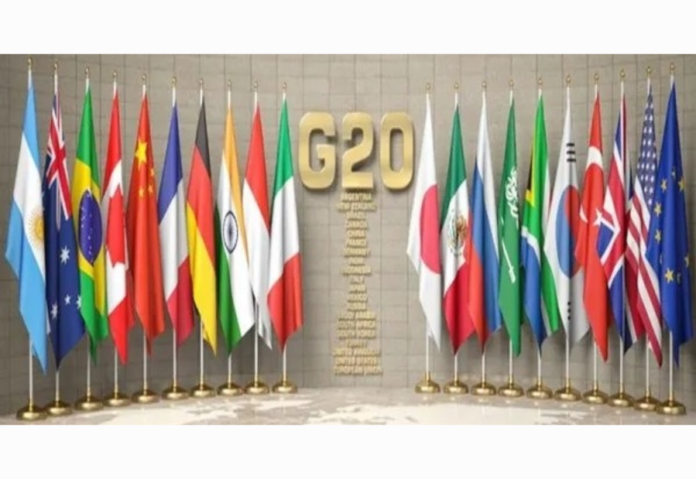Under India’s Presidency, G20 Digital Economy Ministers reached a groundbreaking consensus on the manner in which digital public infrastructure (DPI) will shape the future
The G20 Digital Economy Ministers, on the definition of digital public infrastructure, have reached a consensus, Minister of State for Electronics and IT Rajeev Chandrasekhar said on Tuesday.
Under India’s Presidency, G20 Digital Economy Ministers reached a groundbreaking consensus on the manner in which digital public infrastructure (DPI) will shape the future, the minister said.
“This has been, for the first time ever, a global consensus on what ought to be the definition, the framework, and the principles of digital public infrastructure,” Chandrasekhar said.
An intense digitalization process was launched in 2015 with the Digital India programme by Prime Minister Narendra Modi, he said.
“India has seen several DPIs that have been created. I can safely say that DPI conversations that are being held across the world and have been amplified in a sense by G20 conversations have gained momentum in the context of this Indian Presidency in the G20.”
“India is now a case study—a nation that has employed and deployed technology for progress and growth,” Chandrasekhar said.
Platforms like Aadhaar, UPI, Digilocker, CoWin, and other platforms that are meant to provide services to citizens in electronic mode are included in the government’s DPI.
Offering them the India stack and DPI at no cost and with open-source access, India has entered into eight memorandums of understanding (MoUs) with Armenia, Sierra Leone, Suriname, Antigua, Barbados, Trinidad and Tobago, Papua New Guinea, and Mauritius.
The digital economy in India is expected to touch 20% by 2025-2026, the minister said.
The digital economy in the country has grown to 11% from 4.5% in 2014, he said.
There was consensus on cybersecurity and digital skills as well, Chandrasekhar said.
“Countries that are engaged during the G20, and I suspect even beyond that, are engaged in the entire concept of DPI (digital public infrastructure). While UPI is certainly a powerful part of the India stack, there are many other applications on the India stack that are equally exciting and interesting, especially in health, storage like digilocker, etc.,” he said.
Across the board, India’s focus on creating digital talent has resonated well, and G20 countries and many other nations have shown interest in partnering for the same, he noted.
There has been consensus on financing digital infrastructure, but details of financing will evolve gradually, Chandrasekhar said.
“While this is the Indian Presidency, and we have certainly initiated these conversations, and there is widespread excitement, interest, and consensus, this will continue beyond this Presidency. These things will evolve,” he said.
Also read: Addressing Security Challenges Beyond 2023: Recommendations for CIOs and Technology Leaders
Do Follow: CIO News LinkedIn Account | CIO News Facebook | CIO News Youtube | CIO News Twitter
About us:
CIO News, a proprietary of Mercadeo, produces award-winning content and resources for IT leaders across any industry through print articles and recorded video interviews on topics in the technology sector such as Digital Transformation, Artificial Intelligence (AI), Machine Learning (ML), Cloud, Robotics, Cyber-security, Data, Analytics, SOC, SASE, among other technology topics






